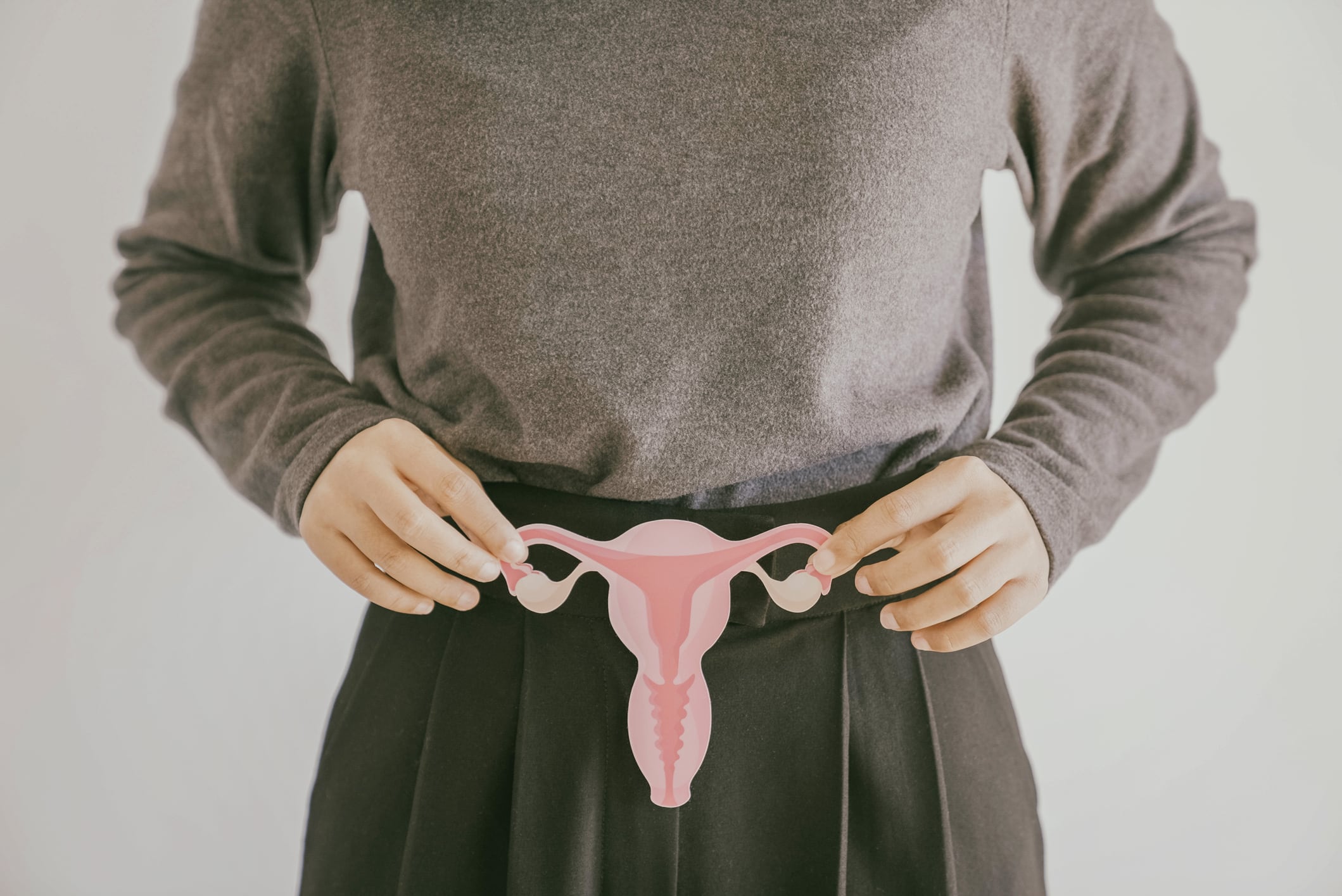PCOS is a highly prevalent condition suffered by women of reproductive age characterised by a range of symptoms affecting hormones and ovary function. Whilst its treatment recognises the multifactorial nature of the syndrome, mainly consisting of dietary intervention, it is recognised that there is a need for more specific guidelines to be established.
Recent studies have documented associations with the syndrome and a range of metabolic abnormalities and gut microbiota dysbiosis, whilst deficiencies in fibre have been associated with similar outcomes. Despite these similarities, there has been a lack of studies investigating the relationship between fibre intake and PCOS, whether from an angle of causation or potential treatment.
As a result, researchers collated studies to assess the available evidence on dietary fibre intake level in PCOS patients from the databases of PubMed, Embase, Cochrane Library, Web of Science, and ClinicalTrials.gov.
“To our knowledge, this is the first meta-analysis that investigated the dietary fibre intake in PCOS, and also the first meta-analysis to compare the consumption of specific dietary components in women with and without PCOS.”, the researchers state.
Fibre findings
During the literature search, the studies were collated using the search terms (“polycystic ovary syndrome” OR “polycystic ovar*” OR “stein leventhal” OR “PCOS” OR “PCO”) and (“dietary fiber” OR “fiber*” OR “fibre*”). Studies were then screened for eligibility using an extensive list of inclusion criteria.
From the results, the grouped standardised mean differences (SMD) with the 95% confidence interval (CI) of daily dietary fibre intake and total energy intake were calculated using the random-effects model, to overcome possible heterogeneity.
It was reported that there was no significant difference in overall total energy intake in the participants studied. However, the researchers observed that the dietary fibre intake was significantly lower in PCOS women, when compared to the control group.
Following the analysis of subgroups by geographical location to investigate likely variation, it was noted that this relationship was only statistically significant in Asia, but not in Europe, North America or South America.
Whilst high between-study heterogeneity was recorded utilising the chi-square (χ2) test, which may have reduced the validity of recorded outcomes, univariate meta-regression of the variables found that “Only borderline significance of influence was noted in the geographic region and dietary assessment method.”.
Mechanism of action
“One of the most important physiological roles of dietary fibre in humans is that through direct interaction with gut microbes, it can beneficially shape the microbial ecosystem and enhance the production of key microbial metabolites.
“In PCOS, numerous studies have demonstrated a significant decrease in biodiversity in the gut microbiome. Whether a low dietary fibre intake contributes to the variation in microbial communities remains unclear.”, the researchers discuss, highlighting evidence that may link lower dietary fibre intake with the metabolic and hormonal disturbances seen in those with PCOS.
Further hypothesises made by the researchers include the possible modulation of the metabolites produced by these microbes, such as Short-chain fatty acids (SCFAs), which have been found to “regulate host metabolism, immune system, and cell proliferation.” Therefore, a lower intake of fibre may result in the reduced production of such metabolites by fermentation, and a resultant reduction in the observed benefits to health.
Whilst the current meta-analysis provides strong evidence suggesting significantly lower intakes of fibre among women with PCOS, the lack of studies by subgroup as well as the significant unexplained heterogeneity reduces the validity of the conclusion reached. However, the findings shed light onto a possible modifiable dietary factor with the potential to influence women with PCOS.
Source: MDPI
https://doi.org/10.3390/nu14245285
“Lower Fiber Consumption in Women with Polycystic Ovary Syndrome: A Meta-Analysis of Observational Studies”
by Wing Ting Leung, Zhijing Tang, Yuanyuan Feng, Haiyun Guan, Zengshu Huang and Wei Zhang.

